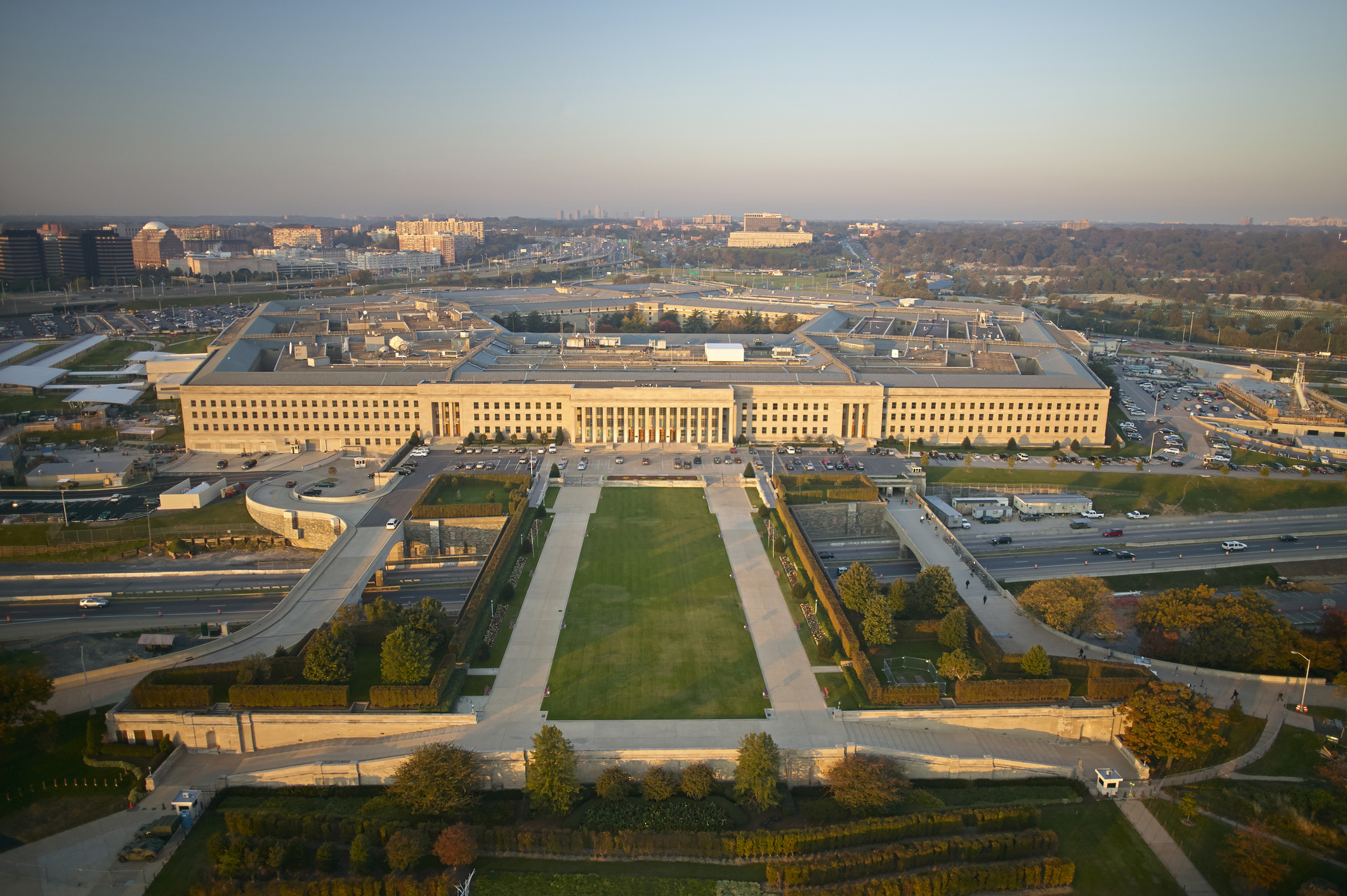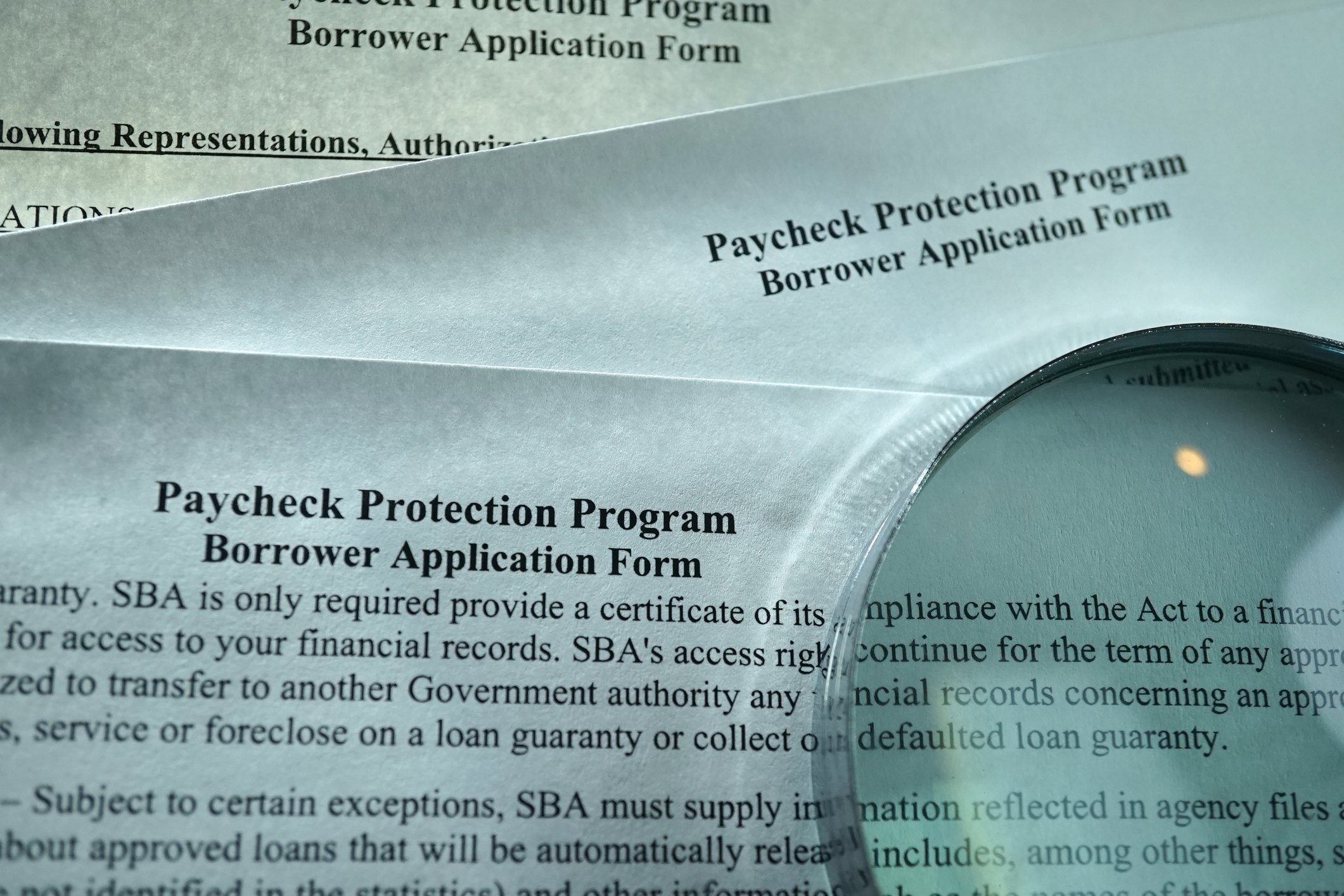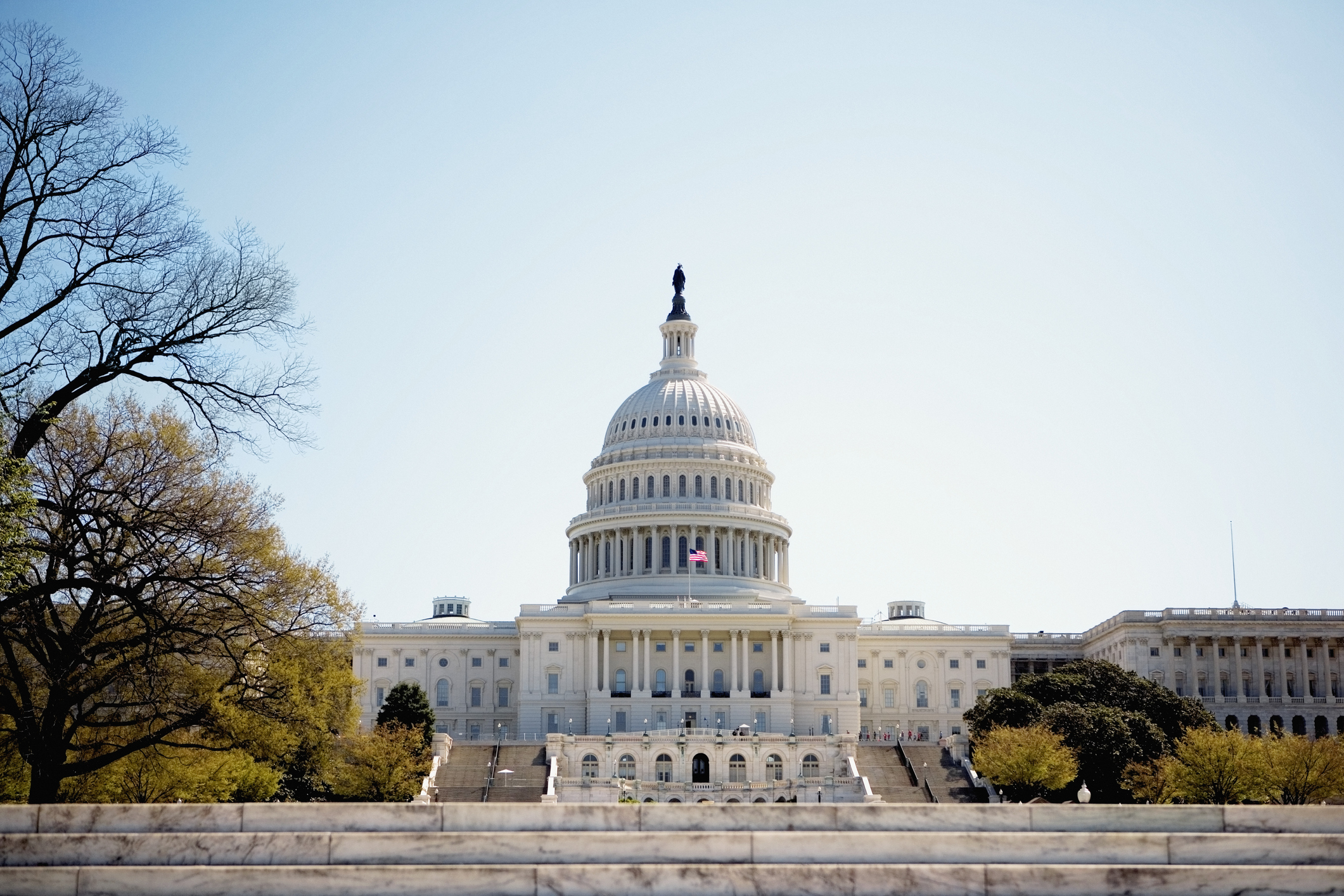We previously blogged about the hotly contested dispute between AECOM and FlatIron involving the I-70 construction project outside of Denver. After an 18-day trial, the jury returned a verdict last month for plaintiff AECOM on its breach of contract claim. Interestingly, the size of the jury’s verdict, roughly $5 million, was consistent with FlatIron’s attempted









